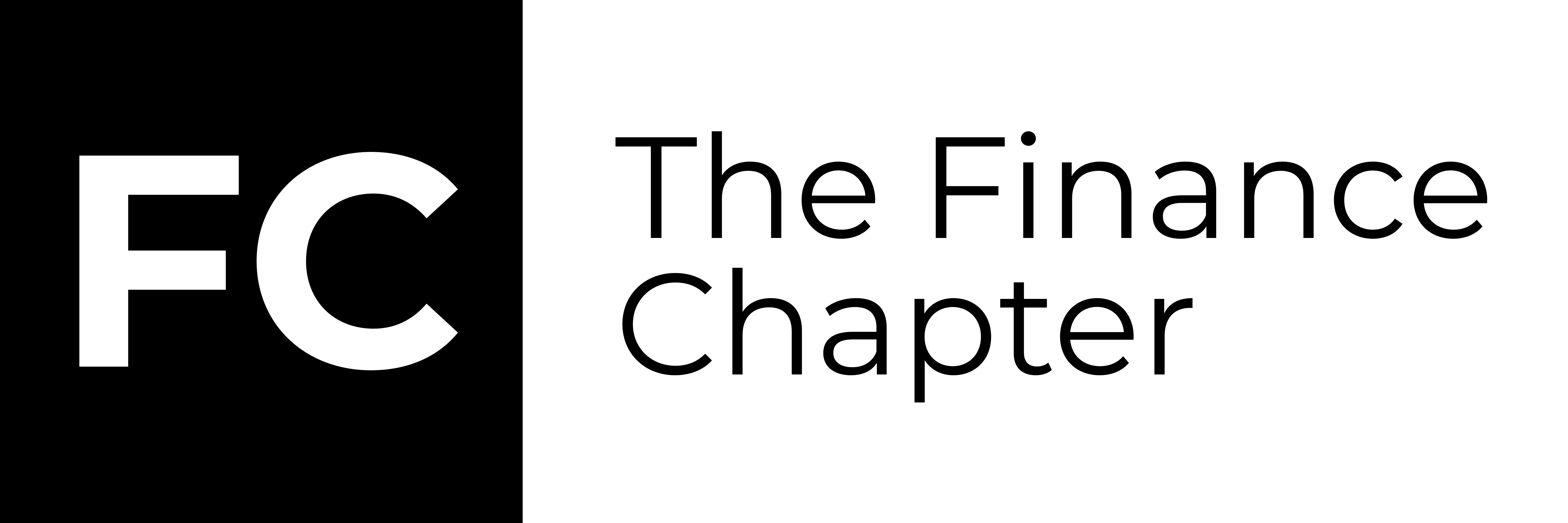
Have you ever been part of a conversation where someone asked a question or made a comment that instantly enhanced the quality of the discussion? It could even have been a conversation you were having with yourself.
I think of clarity as a calibrating force that puts everything else in its place. It’s not certainty, and it’s definitely not eloquence. Like truth, clarity is one of those attributes that are easy to appreciate but hard to define.
Since the word is used widely in different ways, it’s helpful to note that we are concerned with its meaning in thought and decision-making. We explore this enigmatic theme through four distinct situational lenses, with the view to grasp what it is, and more importantly, why it matters.
Reporting
When information is required to support decision-making, the need for clarity comes into focus. Here the lack of clarity can lead to poor decisions. But what does clarity mean in this reporting context? To answer that question, we turn to a form of reporting that is both loved and loathed. With the stakes being what they are, these reports are highly regulated to ensure the information is up to par. I’m referring to financial reporting – financial statements specifically. To explore clarity in this context, I’ll rely on what the International Accounting Standards Board (IASB) refers to in its Conceptual Framework guidance as characteristics of useful financial information:
- Information is relevant when it is consequential to a decision or an intended outcome. Not everything belongs in a report. Due care is needed to ensure that only what matters to the end goal is included and clutter is left out.
- Information is faithfully represented when it is complete (nothing that matters is left out), neutral (there is no bias in preparing it), and error-free. Faithful representation means the information has integrity and can be trusted.
So when presenting information, clarity means relevance and trustworthiness. These two qualities are broadly applicable in any form of reporting. But it doesn’t end there. The framework goes on to list four more attributes that enhance informational value. I would argue that these attributes also add clarity. Let’s explore them with four questions.
- Comparability – Are there reference points to contextualise the information?
- Verifiability – Is it possible to confirm the information?
- Timeliness – Is it outdated?
- Understandability – Has due care been given to information density, format, sequence, simplicity and other presentational aspects?
These ideas serve as guideposts for achieving clarity when presenting information through any channel.
Thought
Next, we consider how clarity also comes to bear in reasoning and critical thought. Why should we care? Because this skill set helps us to process information in real-time. To achieve this requires scepticism – a questioning mindset. It’s helpful to differentiate scepticism from cynicism. While both involve a measure of disbelief, there’s a world of difference between them. Sceptics seek evidence to substantiate statements, adhering to a standard of intellectual honesty in their inquiry while remaining open to a different viewpoint. The cynic, on the other hand, distrusts any position they don’t already hold.
If you’ve ever had a conversation where you needed to probe a bit further, teasing out unspoken assumptions, you’ve demonstrated scepticism.
Critical thinking also entails defining your scope. For example, if you’re having a conversation, you want to make sure it stays on track. You’ll need to have a clear purpose for it. This boundary-setting can take different forms, like research questions, meeting agendas, or simply an introductory statement of purpose.
Finally, critical thinking fosters fair-mindedness in how we engage with alternative viewpoints. This intellectual empathy helps connect to the other person’s views meaningfully, recognising that they may have a valid point. It seeks to discover this point and, when done right, results in a nuanced understanding of the issue.
You may recognise these ideas as overlapping with the principles of scientific inquiry. The goal here is not to embrace a comprehensive set of exacting standards – that would understandably overwhelm anyone – but to recognise that these robust modes of inquiry already exist and graduate them into our thought process.
Reflection
It would be nice if we had superpowers to observe everything we need to know instantly. But our senses can only go so far. Sometimes we need to look to our past for clarity. Through reflection, we can observe patterns in ourselves and our environment and make sense of things. For example, through reflection, I’ve learned that I love inspired conversation, and my enduring passion for writing is really a way to connect with people on topics of mutual interest. Notice how reflection has helped me to reconcile these two passions in a coherent narrative.
Reflection is a powerful way of observing things over extended periods of time.
Partnership
The fourth and final situation where clarity shines is when forming partnerships. In this context, it helps us recognise how different efforts converge towards a shared goal. Partnering can take many forms, both within and outside an organisation. Fostering a mindset of “stronger together” makes it easy to notice opportunities and act on them. This is because you’re not limited to a vision of what you can achieve in your own strength. You get to think big. For a sustainable partnership, the proposition must share the risks and rewards equitably between partners.
We can point to several fortune 500 companies that started out as partnerships between friends. One of my favourites is the story of two PhD students at Stanford University who came together in 1996 for a project then codenamed “Backrub.”
Fast forward to 2006, the company built by Larry Page and Sergey Brin is already a household name and the verb “google” is added to major dictionaries, meaning “to use the Google search engine to obtain information on the Internet.” The company has continued to grow exponentially both in value and popularity. According to Statcounter.com, Google currently holds a commanding 92.49% of search engine traffic.




